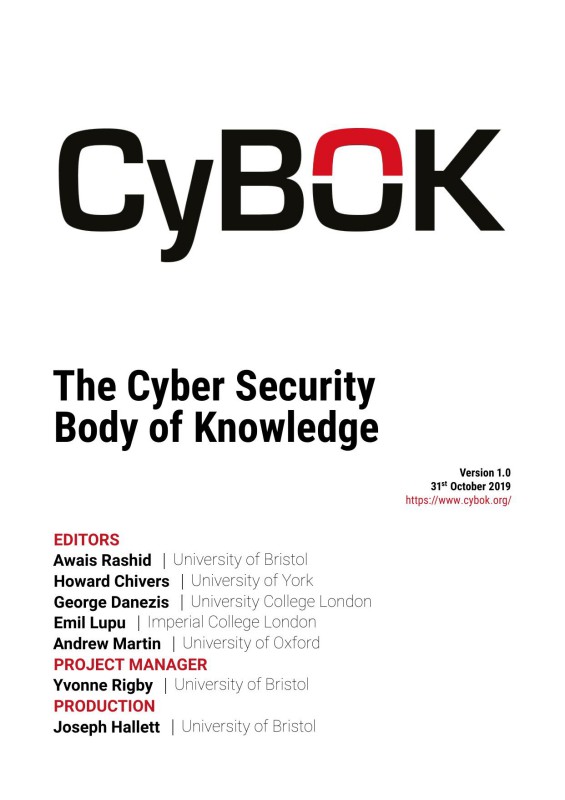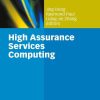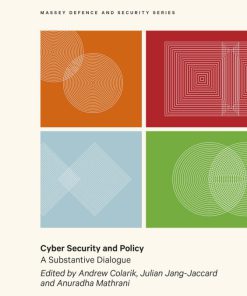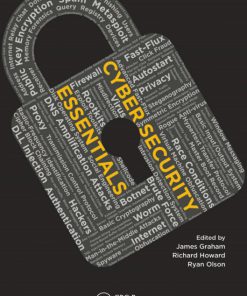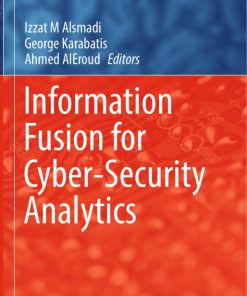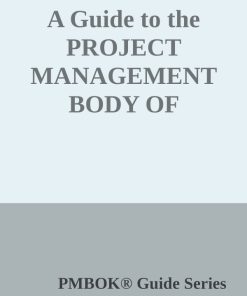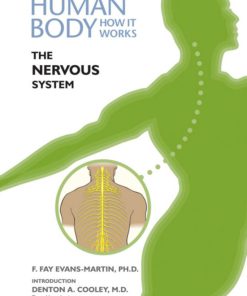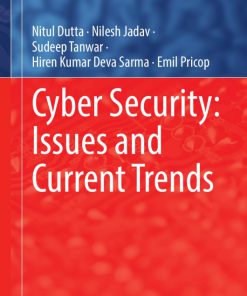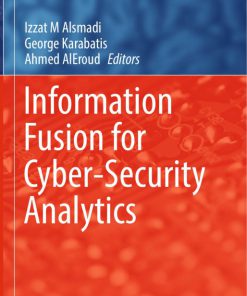The Cyber Security Body of Knowledge 1st edition by Awais Rashid, Howard Chivers, George Danezis, Emil Lupu, Andrew Martin
$50.00 Original price was: $50.00.$25.00Current price is: $25.00.
Authors:Awais Rashid, Howard Chivers, George Danezis, Emil Lupu, Andrew Martin , Series:Cyber Security [230] , Tags:Cyber epistemology , Author sort:Awais Rashid, Howard Chivers, George Danezis, Emil Lupu, Andrew Martin
The Cyber Security Body of Knowledge 1st edition by Awais Rashid, Howard Chivers, George Danezis, Emil Lupu, Andrew Martin – Ebook PDF Instant Download/Delivery.
Full download The Cyber Security Body of Knowledge 1st edition after payment
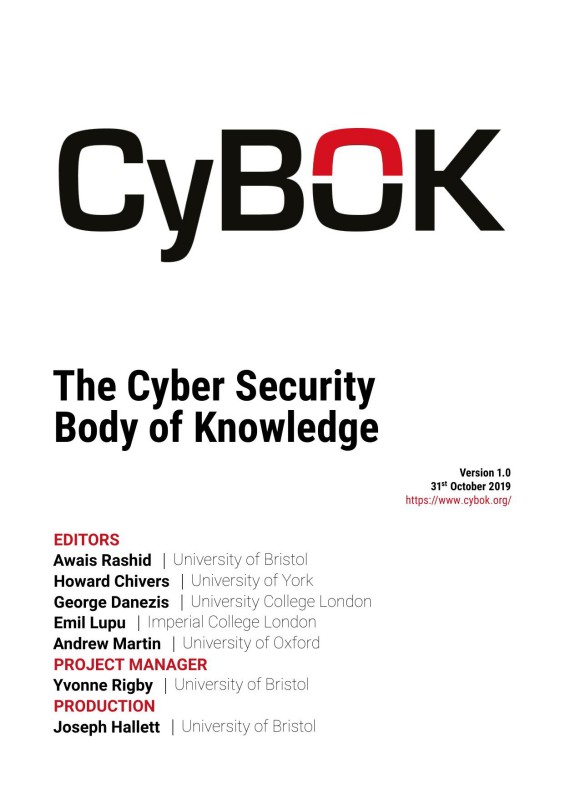
Product details:
Author: Awais Rashid, Howard Chivers, George Danezis, Emil Lupu, Andrew Martin
This is a comprehensive Body of Knowledge to inform and underpin education and professional training for the cyber security sector, a culmination of international cyber security effort over the last 3 years. Under NCSP funding, a team from UK academia – led by Professor Awais Rashid of Bristol University – has been working with the international cyber security community to develop a guide to the cyber security body of knowledge (CyBOK). CyBOK is a major landmark and unique resource, providing for the first time a description and characterisation of the breadth and depth of cyber security which ranges from human factors through to hardware security. The NCSC will now be using CyBOK as the basis for describing the course content of the certified undergraduate and postgraduate cyber security degrees programme as well as that for certified training. We will also be encouraging others to use CyBOK to help in the design of cyber security course materials in education, training and
The Cyber Security Body of Knowledge 1st Table of contents:
1 Introduction
1.1 Cyber Security Definition
1.2 CyBOK Knowledge Areas
1.3.2 Failures and Incidents
1.3.3 Risk
1.4.1 Saltzer and Schroeder Principles
1.4.2 NIST Principles
1.5 Crosscutting Themes
1.5.2 Verification and Formal Methods
1.5.3 Security Architecture and Lifecycle
I Human, Organisational & Regulatory Aspects
2 Risk Management and Governance
2.2 What is risk?
2.3 Why is risk assessment and management important?
2.4 What is cyber risk assessment and management?
2.5.1 What is risk governance and why is it essential?
2.5.2 The human factor and risk communication
2.5.3 Security culture and awareness
2.5.4 Enacting Security Policy
2.6.1 Component vs. Systems Perspectives
2.6.2 Elements of Risk
2.6.3 Risk assessment and management methods
2.6.4 Risk assessment and management in cyber-physical systems and operational technology
2.6.5 Security Metrics
2.7 Business continuity: incident response and recovery planning
2.8 Conclusion
Introduction
3.1.1 The nature of law and legal analysis
3.1.3 Distinguishing criminal and civil law
3.1.3.2 Civil (non-criminal) law
3.1.5 A more holistic approach to legal risk analysis
3.2.1 Territorial jurisdiction
3.2.2.1 Prescriptive jurisdiction over online content
3.2.2.3 Prescriptive jurisdiction and data protection (GDPR)
3.2.3.2 Seizure and forfeiture of servers, domain names, and registries
3.2.3.4 Foreign recognition and enforcement of civil judgments
3.2.3.7 Technological content filtering
3.2.3.8 Orders to in-state persons directing production of data under their control whether held on domestic or foreign IT systems
3.2.3.9 International legal assistance
3.2.4 The problem of data sovereignty
3.3.1 International norms: foundations from international human rights law
3.3.2 Interception by a state
3.3.3 Interception by persons other than states
3.4 Data protection
3.4.1.1 Data subject, personal data (and PII)
3.4.1.3 Controller and processor
3.4.2 Core regulatory principles
3.4.5 Assessment and design of processing systems
3.4.6.2 Transfers subject to safeguards
3.4.7 Personal data breach notification
3.4.8 Enforcement and penalties
3.5.1 Crimes against information systems
3.5.1.4 Improper interception of communication
3.5.3 The enforcement of and penalties for crimes against information systems
3.5.5 Research and development activities conducted by non-state persons
People also search for The Cyber Security Body of Knowledge 1st :
cybok the cyber security body of knowledge
scoping the cyber security body of knowledge
the cyber security body of knowledge news
the cyber security body of knowledge pdf

